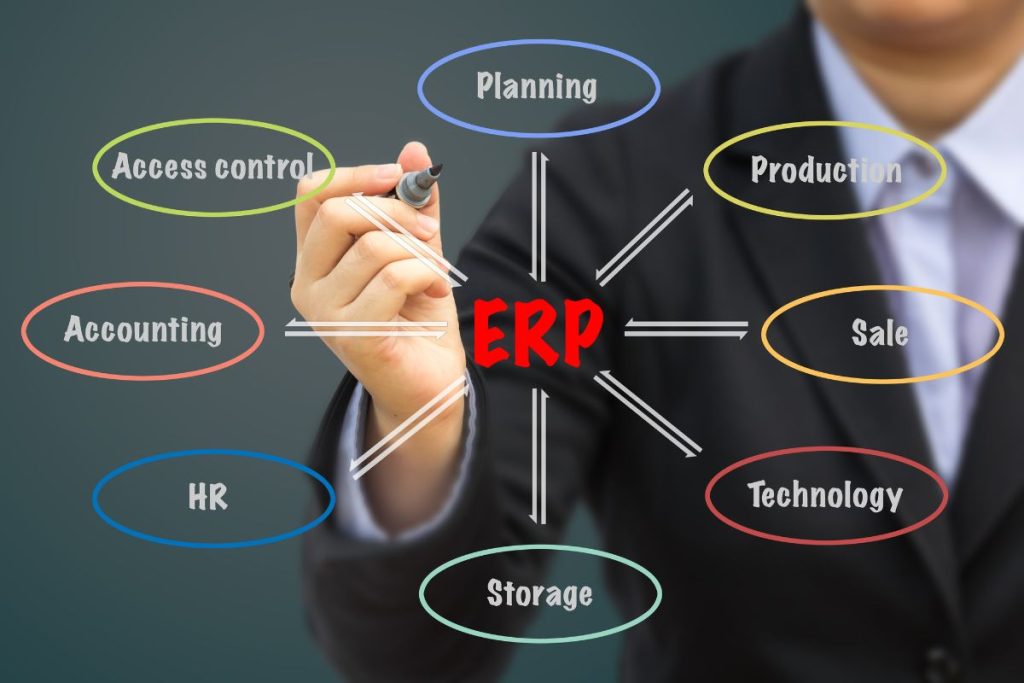
5 Most Noteworthy Healthcare Accounting Practices you should be following
The health care industry is highly challenging and evolving. All the pushes and pulls that count for any other industry are relevant for the medical industry, too. The heart of the healthcare business is doctors and other professionals whose main task is to serve the people with medical care.
In other industries a slip-up can be modified but not in the medical profession. People count on medical professionals to provide them with the essential healthcare when they experience any health condition. However, it’s a need of healthcare businesses to efficiently do their paperwork and satisfy the demands of their patients.
Medical and healthcare practices have to deal with numerous financial documents every day. This makes their working tough. With so much on their plate, it makes it imperative for the healthcare practices to create a setup where the main focus remains on delivering high-quality services to patients while maintaining their accounts. In such cases, healthcare accounting services can help to efficiently manage receivables and account payables, books, and other accounting chores.
To help your healthcare center improve its accounting functions, here are the five most noteworthy health care accounting practices that you should be following:
Table of Contents
1. Outsource your accounting functions
Healthcare services are mostly dependent on supplies of consumables for providing better services. There are hundreds of invoices to deal with every month such as:
- Vendor payments
- Utility bills
- Payroll
- Tax compilation
- Staff payments etc.
Outsourcing your healthcare accounting services will save you from all the hassle. All your invoices will be scanned and received by them on your behalf which will eventually lessen your burdens.
2. Maintain a balance sheet to track your cash flow:
A balance sheet is a financial statement that evaluates your liabilities, shareholder’s structure, and your rates of return. If you maintain your healthcare books using a balance sheet, it will be much easier for you to tally your expenses. It provides you with a snapshot of what your business owns or owes as well as the amount invested and used in a single day.
A balance sheet will carry all your:
- Assets
- Expenses
- Inventories
- Paid expenses.
So when you have to close your accounts it will be all there on your sheet.
3. Bookkeeping services for your financial statement preparation:
Bookkeeping services are very important for any business. No matter the industry, weekly or monthly bookkeeping will reduce the risk of fraud and forgery in your accounts.

Your bookkeeping and healthcare accounting service will ensure that all your invoices are sent promptly and ensure that your bills are paid on time. A bookkeeper will make it convenient for you to track down all your account details even the small ones and all your accounting-related tasks are complete.
Healthcare assistants are already so occupied with phone calls, messages, and managing their staff that efficient bookkeeping will save them from last-minute hassles
4. A financial controller to budget your finances:
The day-to-day challenges of managing a healthcare facility can sometimes be overwhelming. Ensuring that your healthcare services comply with government regulations and taking care of your cash flow can be tedious and overwhelming.
Therefore, budgeting your finances beforehand can make it very convenient to handle all your expenses easily. Health accounting helps you make your yearly budgets which include your:
- Equipment expenses
- Doctors pay
- Supplier’s payment
- Utility
- Automobile expense
- Staff payments.
Doing this will also assist you in making sound financial decisions. You’d know where to spend your money and which department needs more attention and maintenance.
5. Tax accounting and planning:
Ask your accountant or bookkeeper to update your taxes in alliance with your country’s tax regulations. This will help your healthcare facility meet its financial deadlines and requirements.
Maintaining a healthy tax record will detect any possible tax evasion or fraud in your records. This will help you find the opportunities and gaps, especially in detail. So when the tax day comes you can show your health care facility’s compliance and clearance.
Planning taxes also ensures that all the expenditures and revenues generated by your facility are legally apprehended by the staff and doctors working in your healthcare facility.
Utilizing these practices and taking the help of professional healthcare accounting services enables you to exercise better control over your business operations and account. While you can focus on your core business functions and keeps your patients satisfied.
September 15, 2021



















